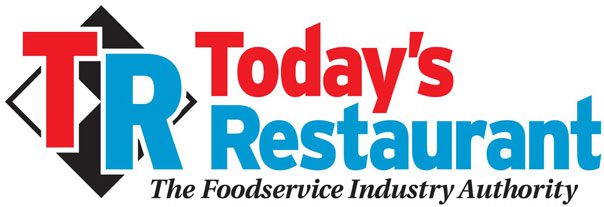
Sharing Equipment Financing Tips for Startup Restaurants
By: Steve Geller, CLFP, Manager, Leasing Solutions LLC
With interest rates at their current high-level, banks are under extreme scrutiny by government regulators. This is because a significant portion of the banks’ investments are in under-market rate U.S. Treasury securities and fixed rate financing causing a liquidity crisis. One of the ways the banks start to alleviate this is by cutting back on fixed term financing and by increasing rates on new loans.
This affects private equity, as well, since much of private equity’s appeal to investors is the ability to leverage assets by borrowing from banks. Banks generally prefer to do short time floating rate working capital lending where they can adjust rates which are tied to the prime rate which moves according to the movement of fed rates.
The equipment finance marketplace is one of the prime targets of this scale back in lending because much of this lending is at fixed rates. Across the board the fixed rates on the existing portfolio are usually below market, thus with lending restrictions there is greater selectivity in what is being acquired. In this environment it is imperative to put the best face on loan requests, especially in the restaurant industry, which traditionally has been a higher risk investment. A potential borrower need to present information which will allow the bank or finance lender to feel secure about their investment. The following is a checklist of what lenders will look for:
Does the applicant have sufficient capital invested in the business infrastructure?
Has low-cost SBA financing a long term payout been utilized for the funding of startup
expenses?
Does the ownership have personal liquid assets which can be used when there are cash
flow issues?
Have all costs been considered, including insurance premiums, planning expenses,
municipal permits, adherence to fire and safety regulations, security issues and adequate
parking and the cost of renovations to an existing structure being re-utilized.
Has the cost of employees and higher priced excess chefs been calculated and
considered?
How has ownership handled personal and business borrowings in the past, which are
reflected in personal fico and business paynet credit scores?
Are there large existing personal debts, such as college loans, long term medical payouts
which are going to draw away funds to the detriment of the business operation?
Are there family or friends that can support any liquidity calls or can provide emergency
availability as fill-in employees?
Has a business plan been written showing the viability of the restaurant project?
Has equipment acquisition been carefully considered, both pricewise and valuewise and is
it all needed at one time?
Can some equipment be acquired in the equipment marketplace from the presently existing used inventory being held by equipment suppliers?
Can some equipment purchases be deferred until the business is generating sufficient cash flow to fund present borrowings and the additional equipment brought on when it becomes necessary or useful for increasing business?
My business has operated in the equipment financing space since 2001, after a career as an executive at bank owned and publicly owned equipment finance companies. I am a Certified Lease and Finance Professional, a designation I earned in 1998, and am an active participant in a number of industry associations. I am also an investor in a family owned three year old restaurant start-up. For any start-up financing, in addition to my normal information requests I ask for the completion of a startup questionnaire to answer a lot of these questions, and a copy of a business plan.
My office is in Palisades, New York and I operate in all fifty states, in Canada and in Mexico. I can fund equipment purchases, Account Receivable financing, working capital, merchant cash advances and SBA loans. And have access to funding for a lot of different industries and equipment, the restaurant industry being one of them.
If you would like further clarification on these issues or would like a copy of my startup questionnaire, I would be happy to explain and share. I can be reached at 845-362-6106.
To read more great articles you can use, visit www.trnusa/blog





Recent Comments